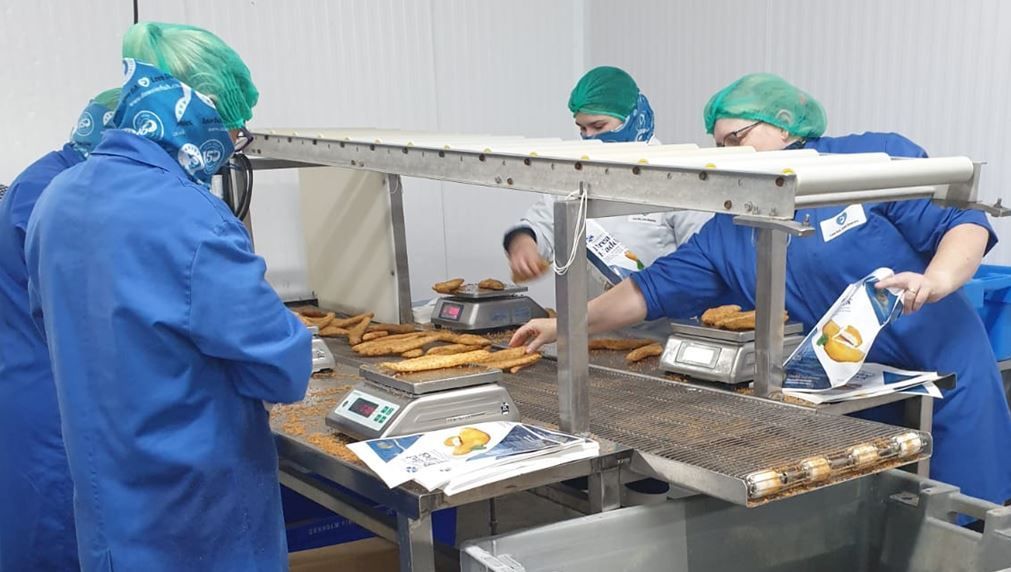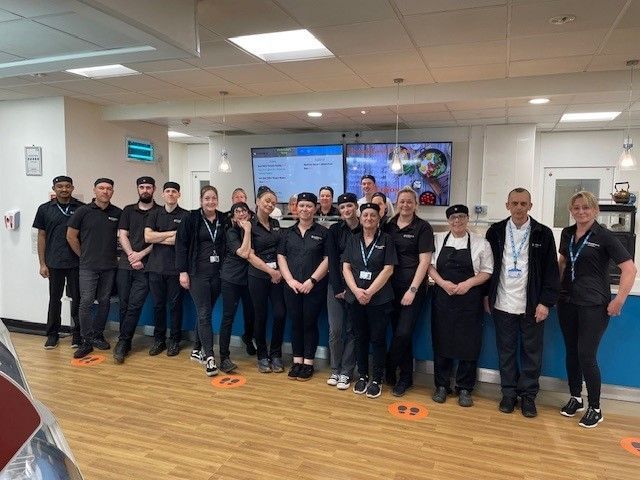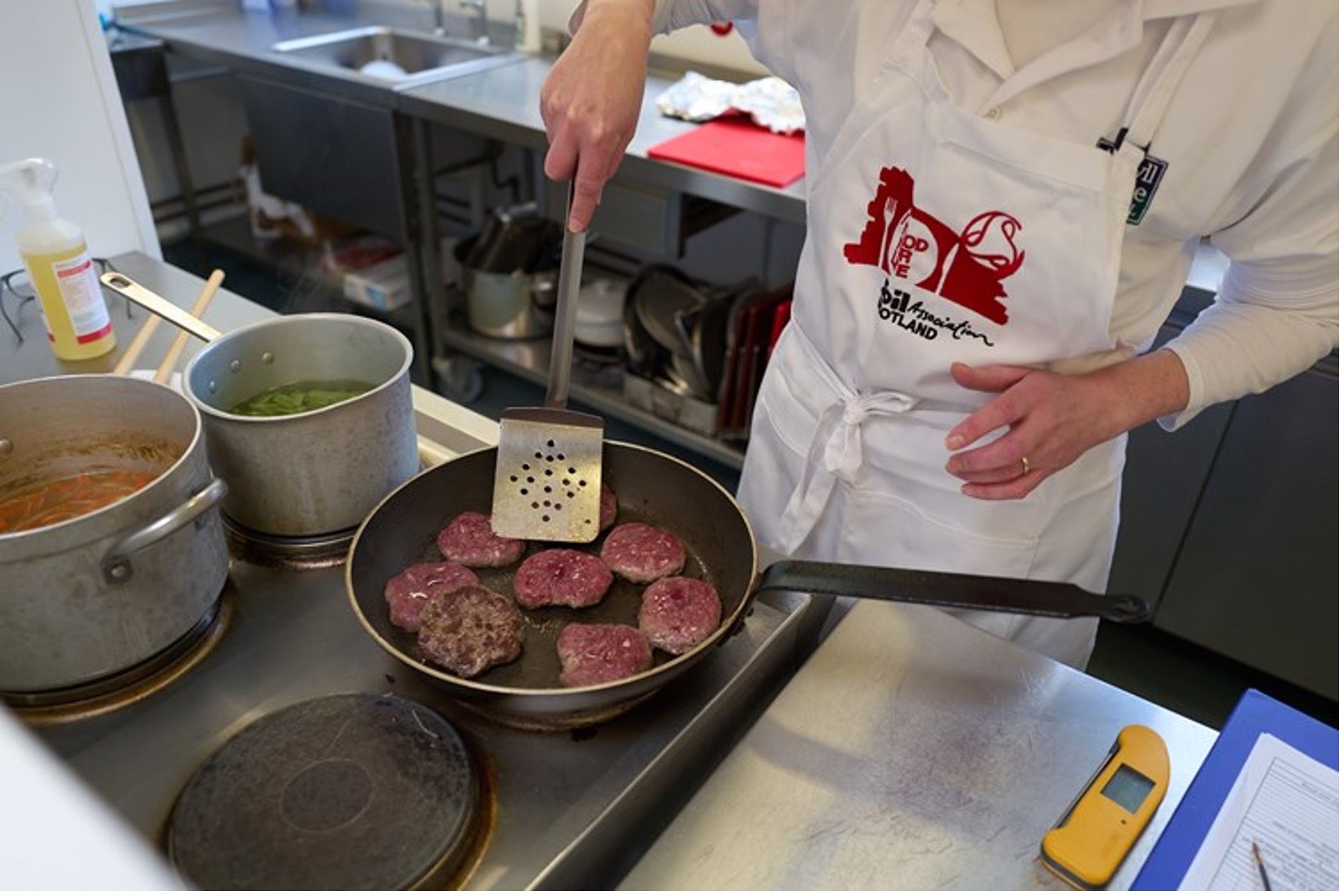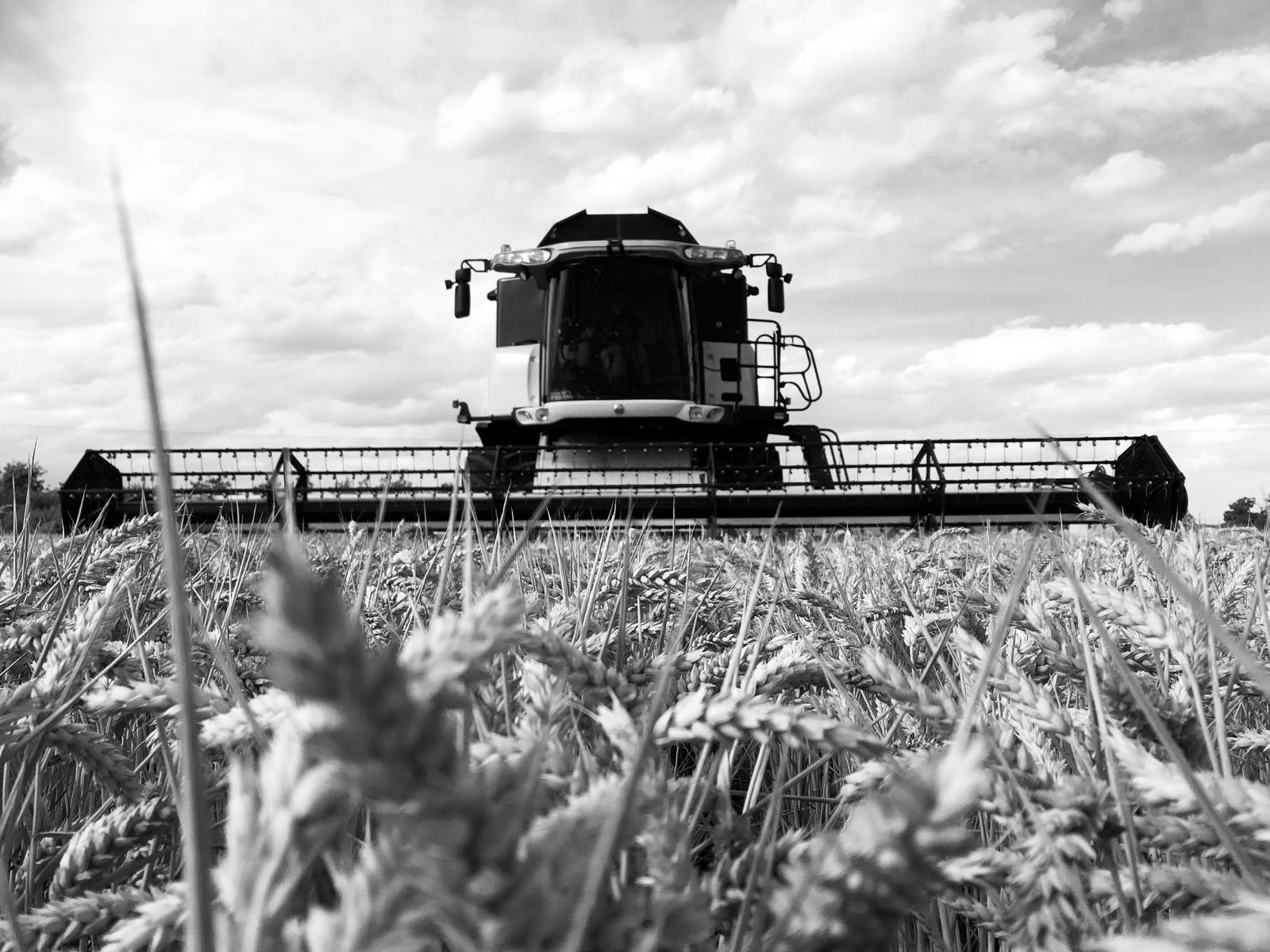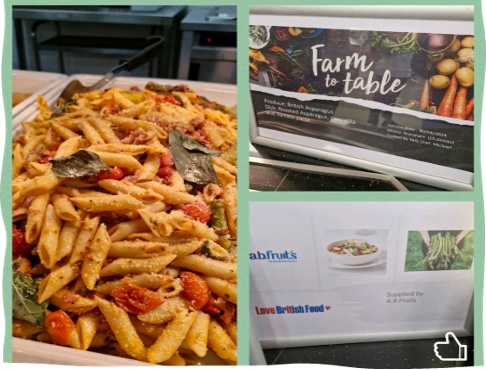One of the things that Covid has taught us is that buying local is about community. Last year, there was a 33% increase in distribution of emergency food parcels in the UK.
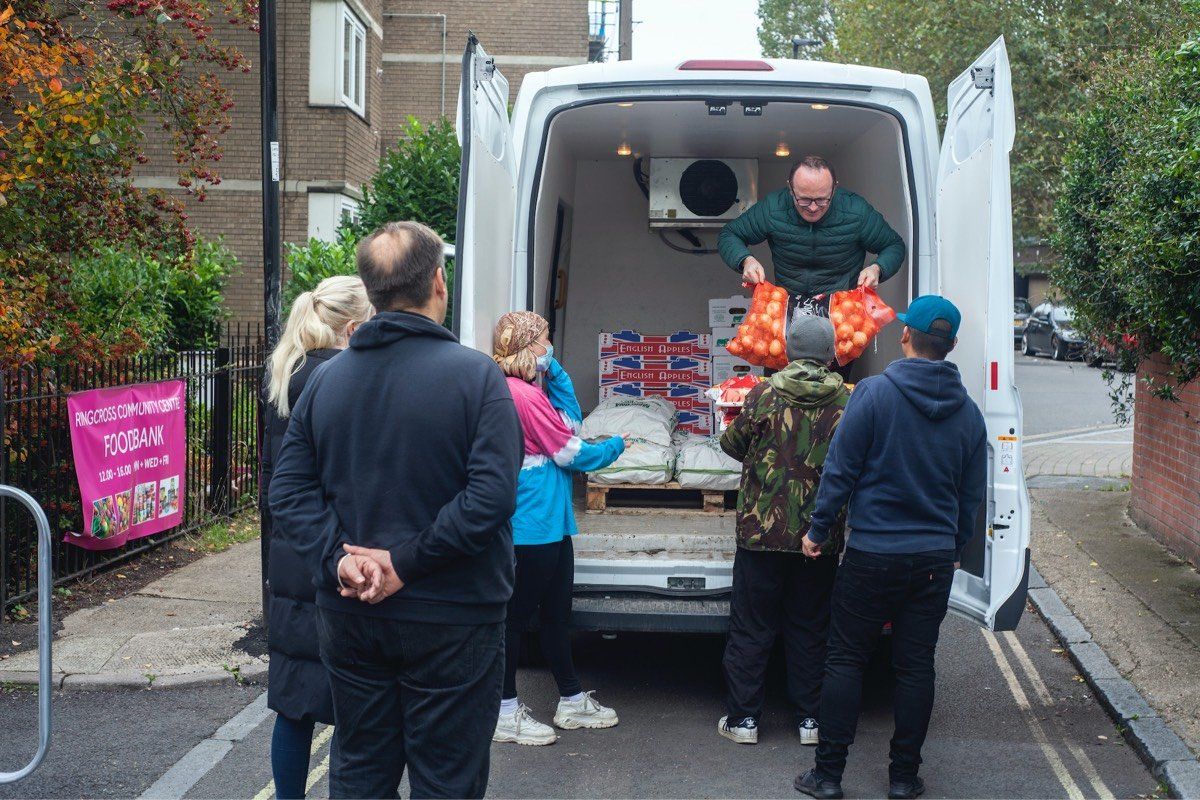
We are a small North London based farm-to-fork delivery service. We have been delivering exclusively UK produced vegetables, meat, dairy and groceries to Londoners for over 10 years.
It is part of the ethos and mission of our business to bring the knowledge and joy of British made food into London; to bring more of us city-dwellers in touch with the plethora of farms and specialist producers that are vital to the diversity and quality of British food.
Buying local is about re-educating ourselves on what food is supposed to look and taste like, but it is also easy to get caught up in the tastiness of new potatoes, the pique of wild foraged nettles and excellence of the first British asparagus.
Buying local is about more than seasonal delicacies. Buying local is also about thinking beyond the content of our fridge. It is about community. If Covid has taught us anything it should be that misfortune can affect us all and lending a hand where we can spare one should be considered a measure of excellence for businesses.
In 2020 the UK saw a 33% increase in distribution of emergency food parcels according to figures from the Trussell Trust. The increase in people needing emergency food parcels is not unique to 2020. Last year was challenging to say the least and the increase was particularly steep that year, but the numbers have been increasing year on year since 2015.
With more than double the amount of parcels given out in 2020 compared with five years ago. Theories abound about this unfortunate development, and there are undoubtedly important discussions to be had. But sometimes doing something good is just better than knowing what is true.
One of the truly enriching experiences we had in 2020 was working with a number of local food banks to help distribute British vegetables to people in need. The food banks all have very different outputs. Some of them serve 50 people a week and others serve 750 people a week. But all of them have in common to serve a vital role in the local community.
We think that ‘Buy British’ or ‘Buy Local’ should be thought of in context of community. And thinking about our community means first and foremost thinking about those that are less fortunate than ourselves. We have learned that it is much easier to contribute to this system of support than we thought. Food banks of course are on the lookout for dedicated volunteers, but they also take small donations of non-perishable food items like cereal, pasta, rice, tinned tomatoes, lentils, beans and pulses, tea/coffee, biscuits and more.
As a business or individual you can get in touch with your local food bank to find out what they need the most. Every little donation counts. We used this website to find our local food banks: https://www.trusselltrust.org/get-help/find-a-foodbank/
Robert Barker is founder of Farm Direct that delivers fresh British food direct to people's homes in London.
Share:
You may also be interested in...

